The aim of the Sustainable Uplands Agri-Environmental Scheme (SUAS) will be to reward commonage farmers actively managing the Wicklow uplands, according to SUAS’s newly appointed project manager Declan Byrne.
Previously a drystock advisor with Teagasc in the Wicklow region for 17 years, Byrne will now manage the SUAS project, which has secured almost €2m in funding and will run for five years.
Explaining the project's origins, Byrne said: “A recent survey showed there has been almost an 85% drop in sheep grazing the uplands areas. With less sheep, there is less grazing and so areas have become overgrown with heather and bracken monocultures. This reduces not only the grazing value but also the biodiversity.”
The same survey also asked farmers their reasons for sending less sheep to the hills and Byrne said the overwhelming response was economic factors. These included poor returns, reduced lamb performance and higher losses.
Constitutions
The project will work though commonage groups formed among hill farmers. This week, the groups signed constitutions and together with an ecologist will design a tailored plan for their commonages.
“The most important thing is that there’s farmer buy-in. Through forming their own commonage groups and designing their own plans, a forum for discussion has been created and farmers can take ownership of it,” Byrne said.
Payments will not be made on a per hectare basis but will focus on payments for work completed. An example of one such payment will be for shepherding, where a farmer is paid €120 to spend six hours a week walking the hills and herding sheep.
“By the end of the five years we want to have the commonages in better condition and a management structure in place into the future. Ultimately we want to have a hill management handbook for any scheme that might come in the future,” Byrne concluded.



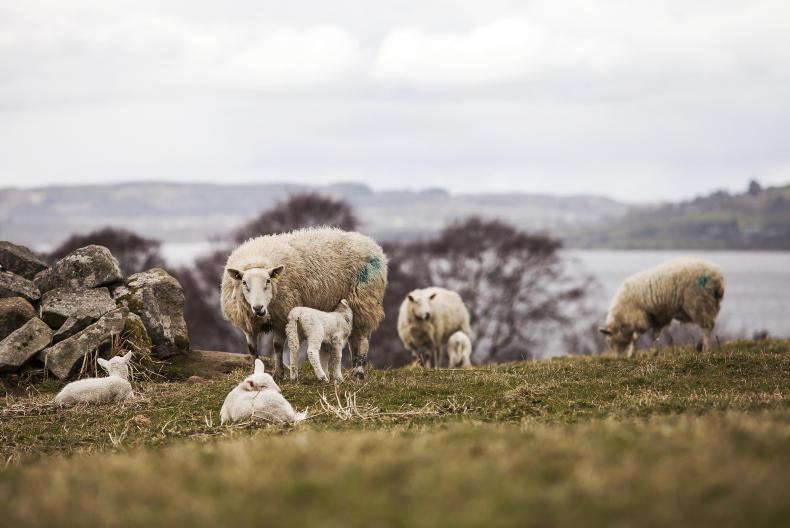

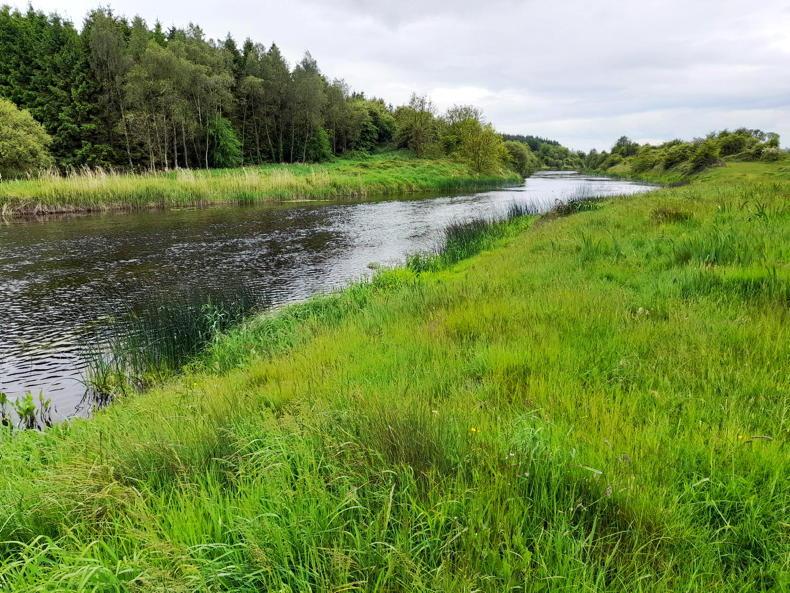

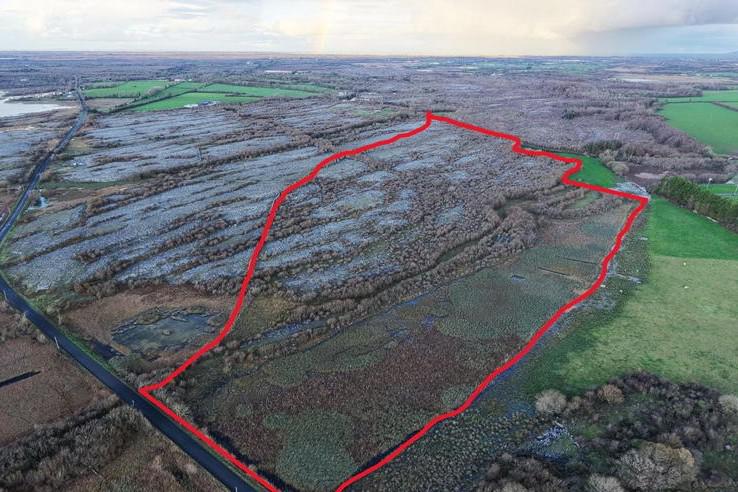
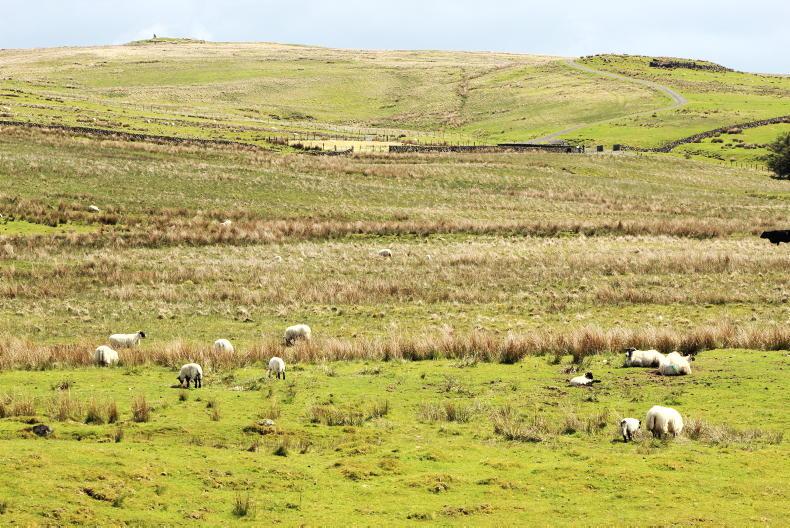
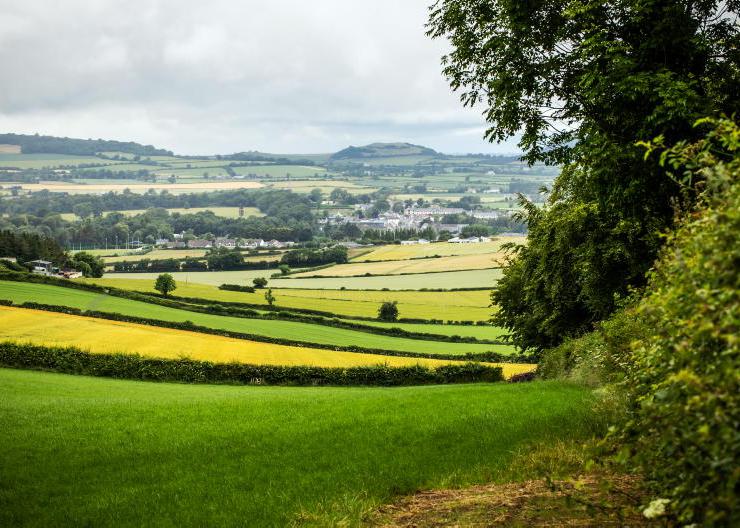
SHARING OPTIONS